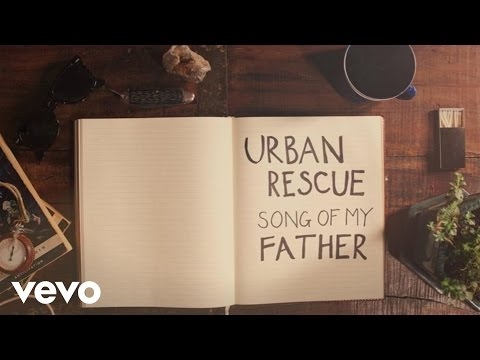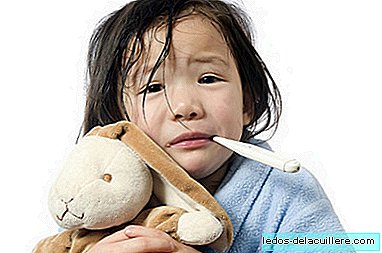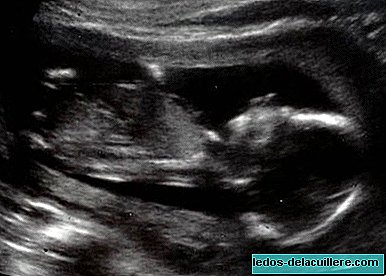
Do you remember the case of Olot's 6-year-old boy who died last year from diphtheria? Impossible to forget it. The case was sounded because it was a virtually eradicated disease and despite the efforts it was not possible to save him.
Well, a year later, history repeats itself, this time in Belgium, where A few weeks ago a three-year-old girl died of the same disease, diphtheria.
I wasn't vaccinated
It happened in Antwerp, Belgium. The girl caught the disease and the difficulty of diagnosing it made it worse. As in Spain, diphtheria is considered a very rare disease, so much so that most pediatricians who work today have never seen a case of diphtheria. This made, in both cases, it took a little longer to diagnose the desirable and that the disease took advantage of that time to move forward.
Diphtheria, as we explained in its day, is a contagious respiratory disease that is caused by the infection of the bacteria Corynebacterium diphtheriae. This bacterium in itself cannot be considered too dangerous. The problem is that in some people, the bacteria produce a toxin, the so-called diphtheria toxin, which causes damage to the heart, nervous system or brain, and can be fatal.
The diphtheria vaccine is not a vaccine against the bacteria, but against the toxin. This means that there are many people who have the bacteria, who are carriers, but who do not suffer its consequences. In that situation they can infect other people and children, and if they are not vaccinated, after the infection occurs, the bacteria can start to generate the dreaded toxin.
This is what happened to the girl, who was infected and, not being vaccinated, he suffered the worst consequences.
The antitoxin did not arrive on time
It seems inexplicable, but what happened here in Spain happened to them in Belgium. Being a virtually eradicated disease, which is barely seen in developed countries, and for which even fewer people die, antitoxin is not directly available. What happened in Spain, where there had been no cases for decades, is logical, but that with the background here no measures were taken so that there were stocks of antitoxin in other countries is more questionable.
They wasted time again looking for the antitoxin and the girl could not overcome it, as in Spain, where they spent days for that treatment to arrive with an added problem: when he arrived (I speak of Olot's boy), it was expired.
Erica Vliegue, from the Institute of Tropical Medicine in Antwerp, said the following in Flanders News:
In Belgium, almost all children are being vaccinated (...) If someone had such bad luck of contracting the disease, the treatment is twofold: antibiotics to kill the bacteria, and the antitoxin to kill the diphtheria toxin. The latter has to be administered as soon as possible in severe cases, and this is where the response to this case failed.
For its part, the ECDC (European Center for Disease Prevention and Control) issued a statement a few days after the girl's death to confirm that Universal immunization with the vaccine containing diphtheria toxoid is the only effective preventive measure for diphtheria control.
In addition, given the difficulty of obtaining antitoxin in European countries, and to avoid that cases that could be controlled end up like those of these two children (or at least try), they were suggested as options:
- Ensure that doctors have the necessary knowledge to recognize and treat diphtheria promptly.
- Ensure that laboratories have the ability to perform the necessary tests to confirm diphtheria toxin infections.
- Evaluate the level of access to diphtheria antitoxin and consider availability options between nations to ensure quick access to it.
- Advise those who travel to countries where diphtheria is endemic to check if they need to be vaccinated against the disease.
- Promote and monitor access to immunization in children and adults.












